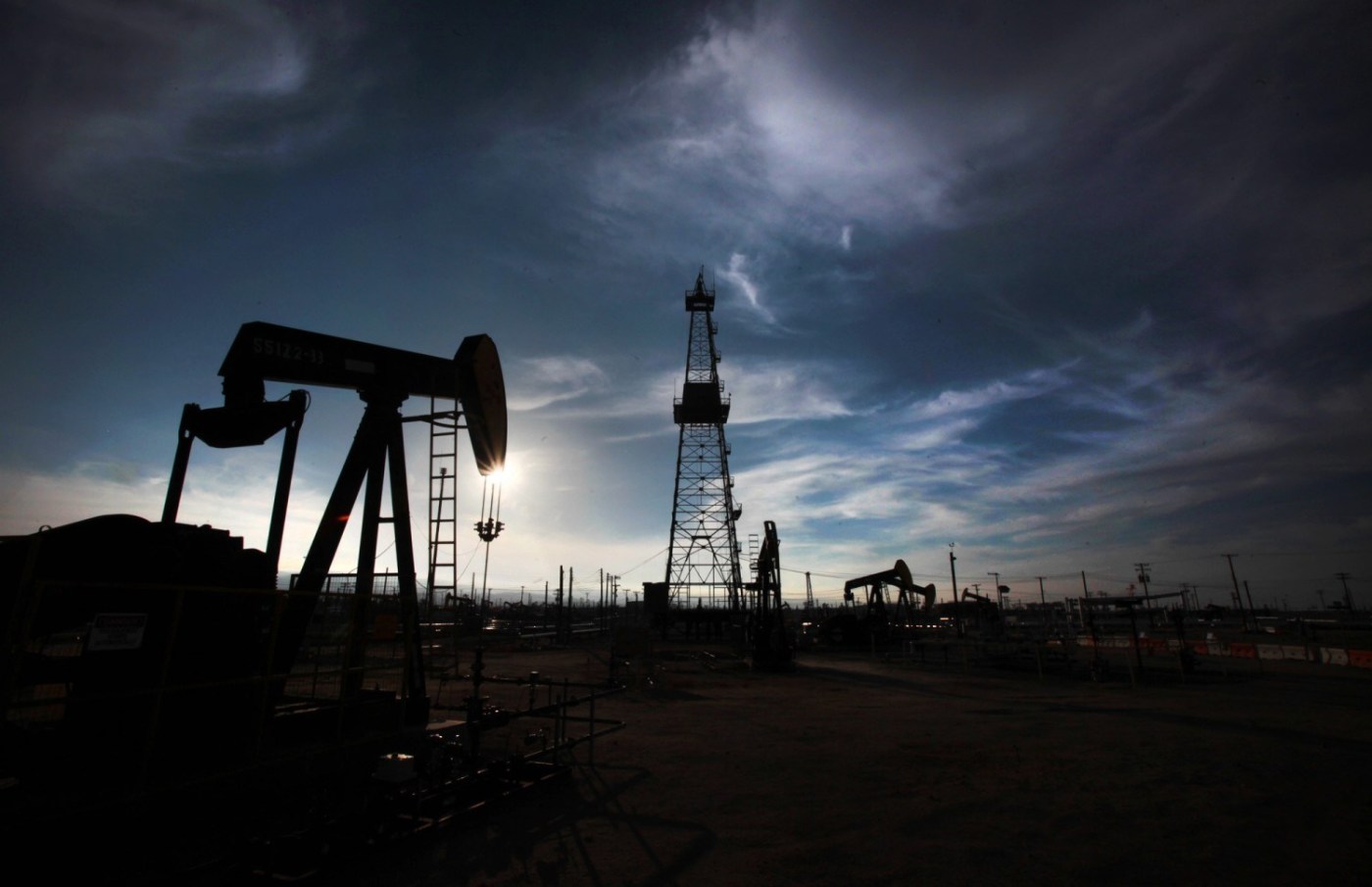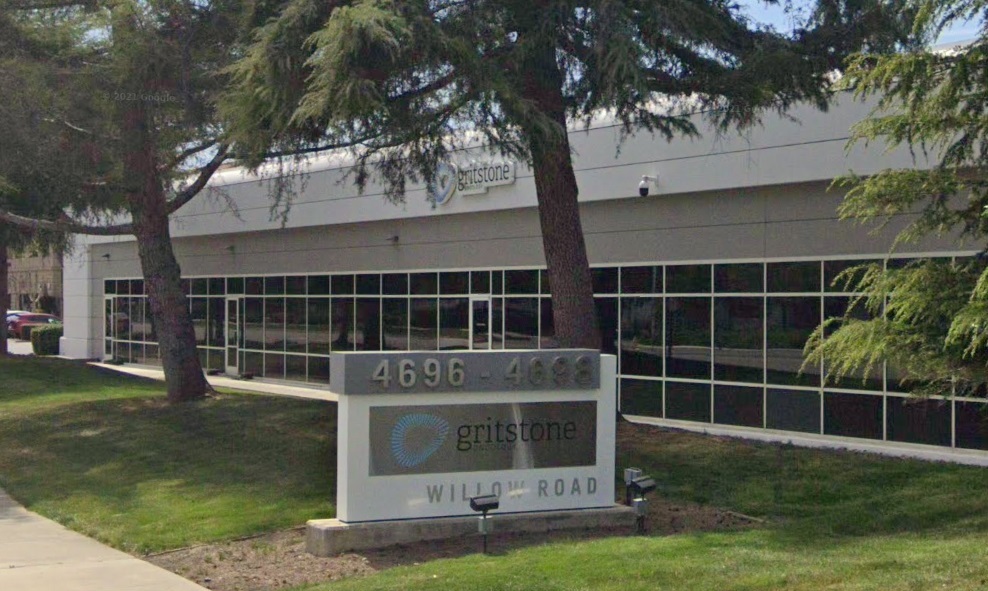Gov. Gavin Newsom recently signed into law Senate Bill 237, which includes provisions that would approve as many as 2,000 new permits for oil wells a year in Kern County.
Related Articles
Walters: How Gavin Newsom channeled Jerry Brown 1.0 with flip-flop on oil and gas
California oil merger set to benefit from permitting boom
Benicia can proceed with Valero refinery closure, city official says
California Legislature passes a swath of last-minute energy bills
Bay Area prices jump in August with accelerating inflation
The law, which goes into effect in January, aims to prevent gasoline price spikes in the wake of anticipated oil refinery closures. Phillips 66 and Valero are preparing to cease operations at plants in Los Angeles and North California. The Valero and Phillips 66 facilities combine to account for roughly 18% of the state’s crude oil capacity.
The influential trade group Western States Petroleum Association praised the governor’s decision, but environmentalists framed the law as both reckless and ineffective.
“The sad truth is that more drilling will increase pollution and climate-fueled heatwaves, wildfires and floods but it won’t do a thing about gas prices,” Hollin Kretzmann, an attorney at the Center for Biological Diversity’s Climate Law Institute, said in a news release.
Michael Wara, the director of Stanford University’s Climate and Energy Policy Program, told the Los Angeles Times that he doesn’t think the law will keep refineries open.
Question: Will new California law prevent gas price spikes?
Economists
Caroline Freund, UC San Diego School of Global Policy and Strategy
NO: But the law will help constrain prices and limit spikes. Gas in California is currently about 70% more expensive than in Texas. The premium encourages the much-needed shift to renewables but puts us at a business and cost-of-living disadvantage compared to other states. Regulations will do little to curb total emissions if businesses continue to leave California. Unless the U.S. aligns energy policy with California, easing regulations is necessary to sustain our people and industry.
Kelly Cunningham, San Diego Institute for Economic Research
NO: Partly altering legislation designed to abolish oil production in California will have little impact on impending refinery closures and gas prices. Barriers, costs and prospects for operations are not worth the substantial financial investment necessary as imposed under current directives. Lawmakers cannot turn economic fantasy into reality. Refiners understand the realities of operating in California and futility for continuing to produce fuel in the state. Better to cut losses and leave than fight quixotic windmills.
Alan Gin, University of San Diego
NO: The action could help in terms of providing more supply of oil, but that wouldn’t necessarily lead to more of the oil being refined into gasoline. More gasoline is what is needed to help with gas prices, but the closing of refineries threatens to reduce the supply of gasoline. The refineries aren’t closing because of the lack of oil, but because high operating costs and environmental regulations make it expensive to refine oil in California.
James Hamilton, UC San Diego
NO: The issue is gasoline refining capacity, not crude oil production. California has special requirements for gasoline sold in the state and not enough refineries that produce it. Pipeline capacity further isolates the West Coast gasoline market from the rest of the country. The result is that if just a few of the refineries that still operate need to shut down for maintenance — and this has to happen all the time — the price Californians pay for gasoline will spike.
Norm Miller, University of San Diego
NO: In California, about 40% of our final gas price is a result of crude oil costs, and oil is a truly global market with California accounting for just over 3% of global production. We depend on foreign and Alaskan oil for our refineries (76.5%). So local production helps but will not prevent gas price spikes or refinery problems that are more a result of supply chain disruptions, seasonality, OPEC and hoarding by various major economies like China and India.
David Ely, San Diego State University
NO: The law creates more stability for the operators of California’s refineries by increasing their supply of crude oil. This could forestall price spikes from becoming more frequent and severe, especially if the law leads to delays in the closing of additional refineries. However, Senate Bill 237 will not eliminate spikes. Price spikes will still arise from temporary outages at state refineries and from disruptions to the flow of gas from out-of-state sources.
Executives
Jamie Moraga, Franklin Revere
NO: While the new law may help, it’s unlikely to prevent gas price spikes. Senate Bill 237, passed with bipartisan support, is a positive but limited step as it doesn’t address refinery closures or guarantee lower prices. The real issue is why refineries are leaving: high operating costs, burdensome regulations and better profitability elsewhere. Until California tackles these root causes, gas price volatility will remain. Temporary fixes won’t work. The state should address the underlying challenges driving refineries away.
Phil Blair, Manpower
YES: It should. California cannot both have millions of gas-guzzling cars and ban drilling for oil and discourage refineries, yet expect other states to provide those services for the state. Climate change is still a serious issue facing our country and we know we should wean ourselves from petroleum products by cutting the demand for gasoline, to the point drilling is no longer needed anywhere.
Gary London, London Moeder Advisors
YES: Life and politics are about compromise. Eventually most vehicles will run on electricity or an alternative to carbon toxic gasoline. For the foreseeable future, both will coexist. In the meantime, the delivery of electricity will become more problematic and expensive. We have no choice but to try as best we can to stabilize existing oil delivery by bringing up more of it, while simultaneously intensifying efforts to increase clean electrical production.
Bob Rauch, R.A. Rauch & Associates
NO: Senate Bill 237 may strengthen oversight of gasoline specifications and allow for temporary suspensions of specific fuel standards, but it is not a panacea. It expands public transparency and indirectly supports market stability. The law will mitigate the conditions that lead to price spikes — such as sudden supply shortages or regulatory bottlenecks — and reduce the likelihood and severity of future spikes. Still, it will not solve our challenges of high taxes and regulations.
Austin Neudecker, Weave Growth
NO: The issue causing California’s elevated prices is refining a unique gasoline formulation, not crude extraction. Permitting 2,000 new wells in Kern County does not address this bottleneck. With Phillips 66 and Valero’s shutting refinery capacity (about 20% of supply), we should expect even higher prices and volatility. Without preserving or refitting refineries and inventory buffers, Senate Bill 237 simply misses the mark.
Chris Van Gorder, Scripps Health
NO: No single bill can prevent spikes altogether. Will the bill help to lower the overall cost of gasoline in the future? Yes. Increasing the supply of oil should help to lower gas prices in the future. I would hope the governor and Legislature take a moderate approach to many pieces of legislation to lower many costs in California, including health care.
Not participating this week:Ray Major, economist
Have an idea for an Econometer question? Email [email protected].





